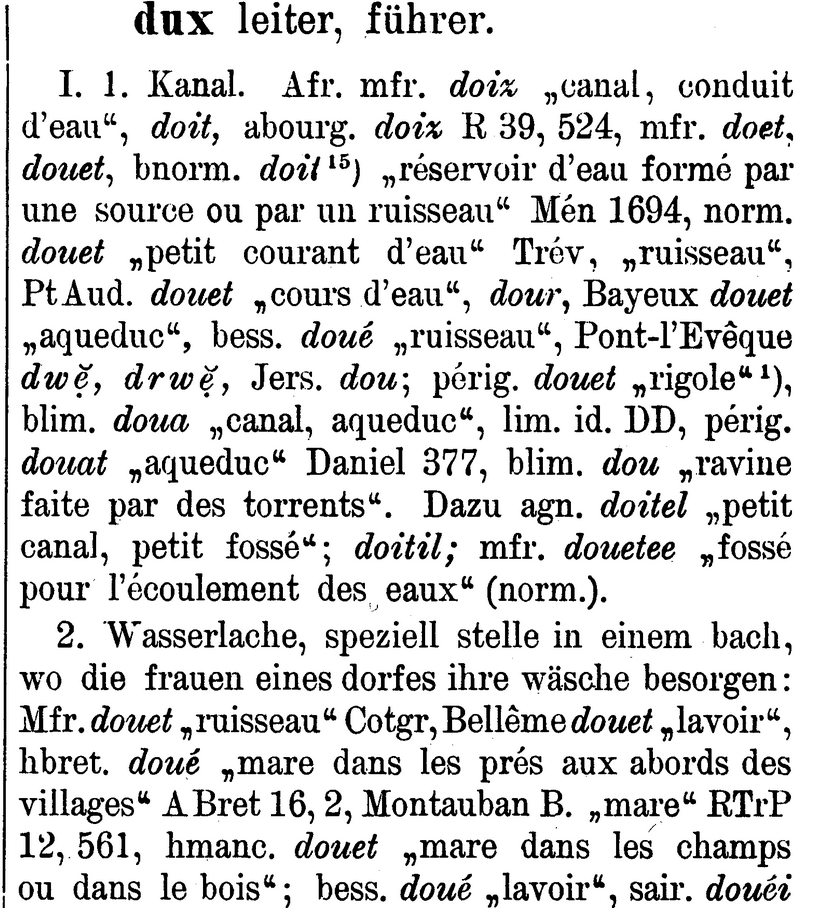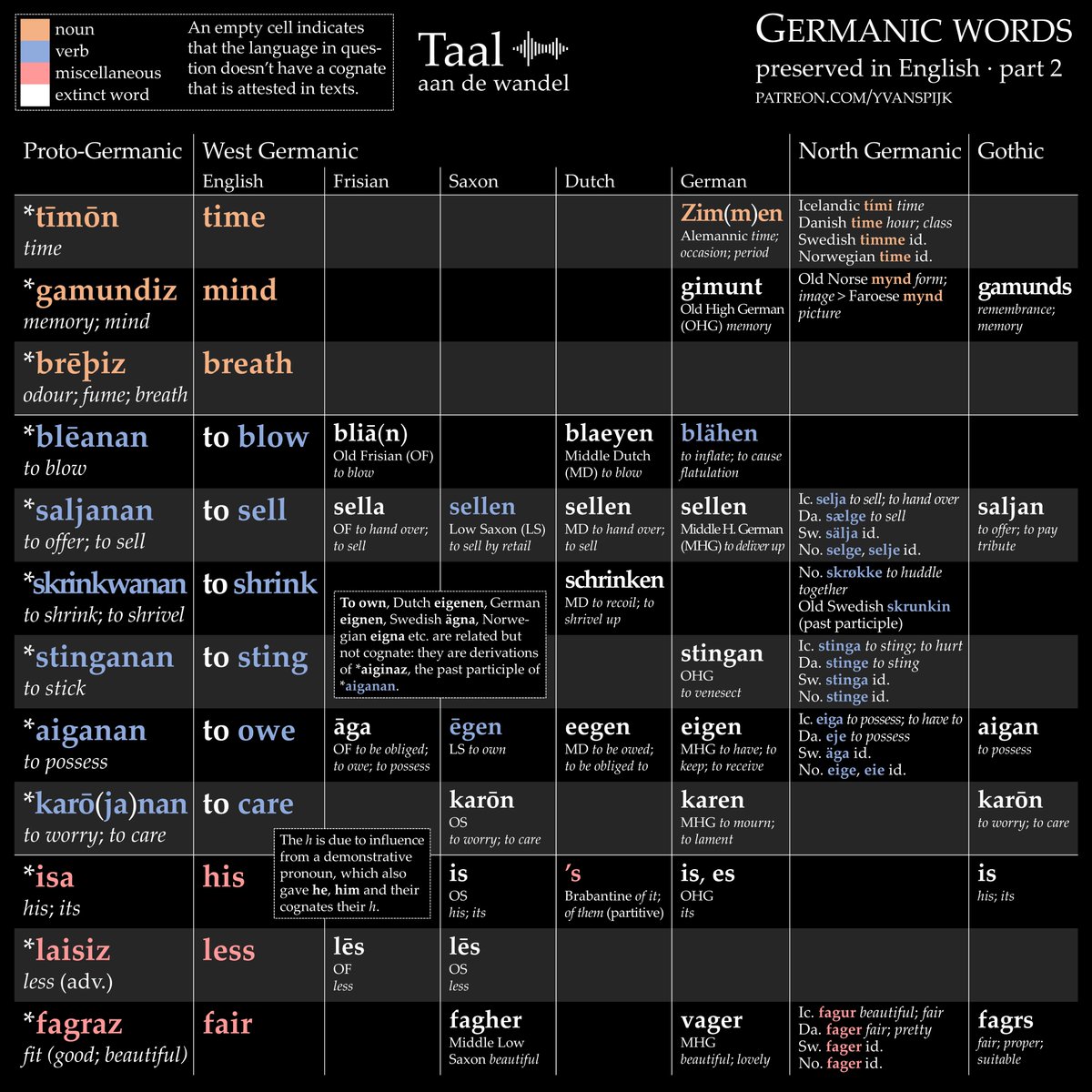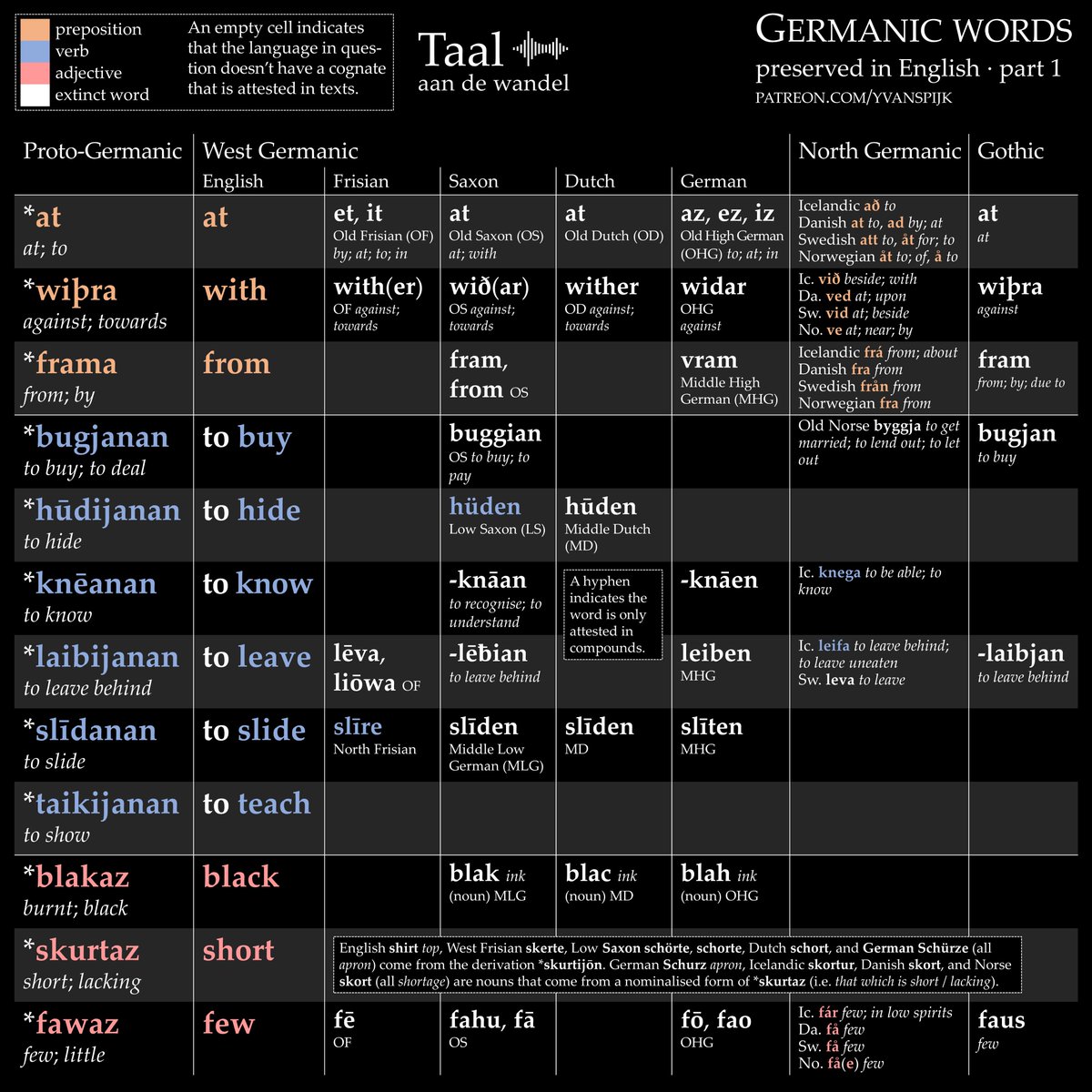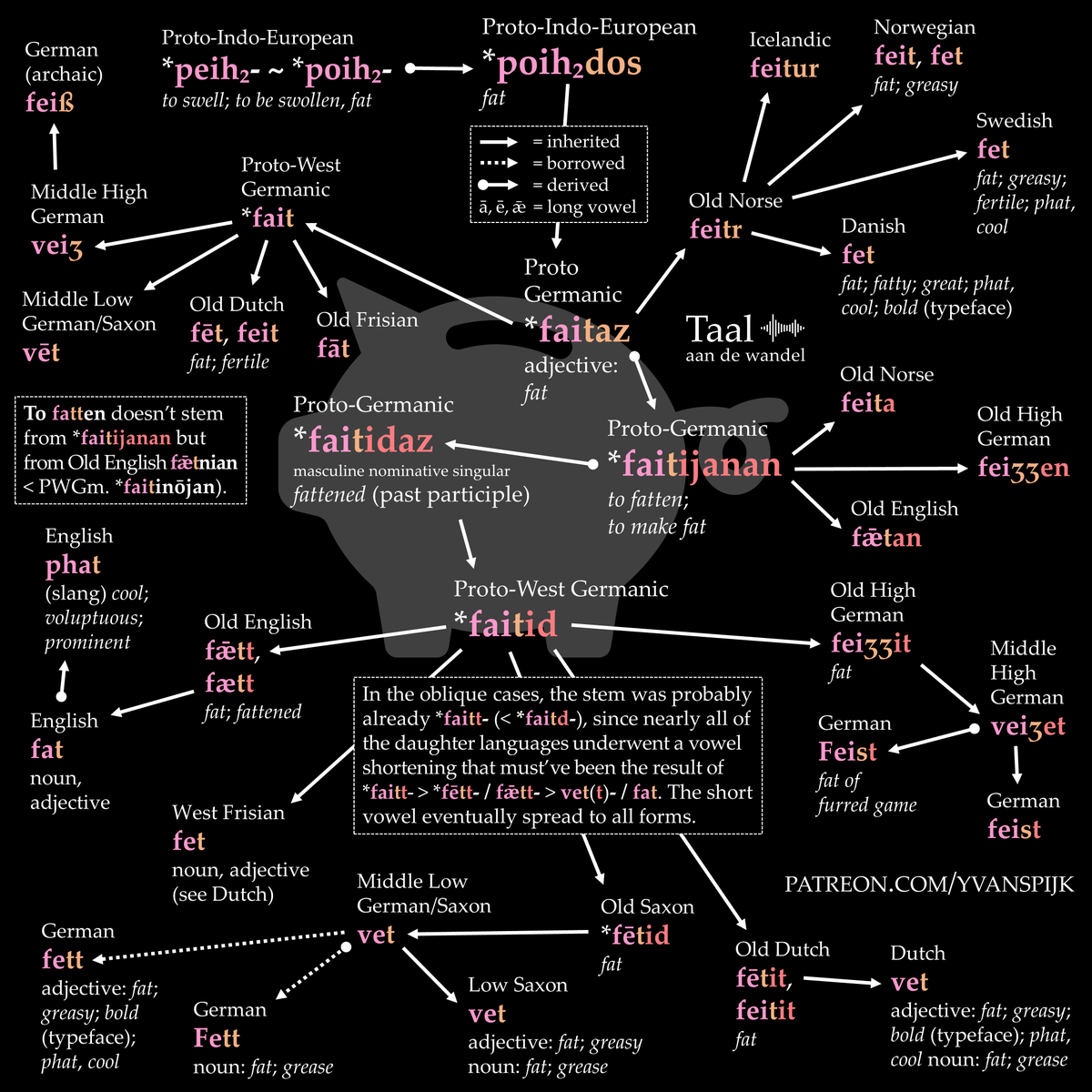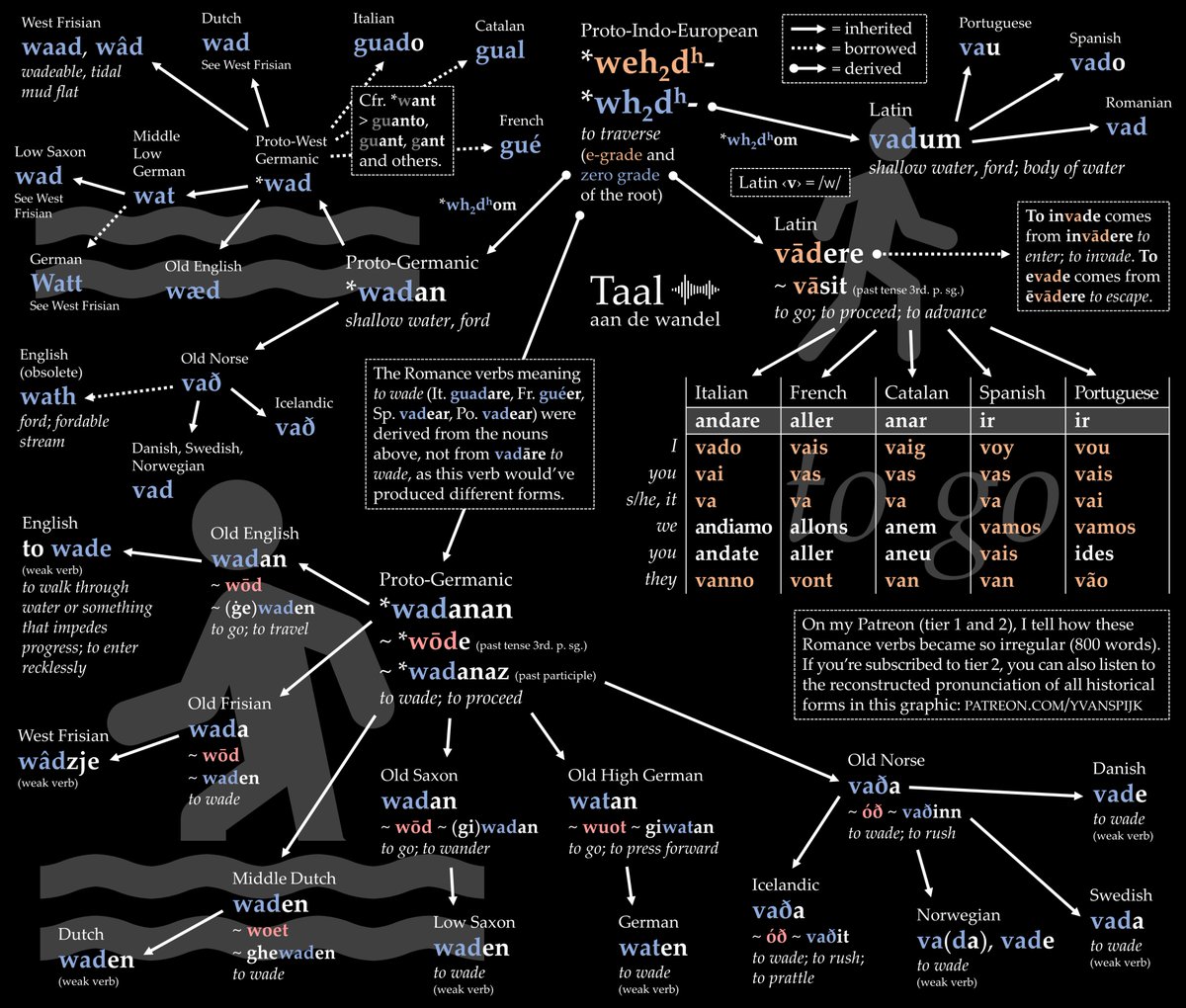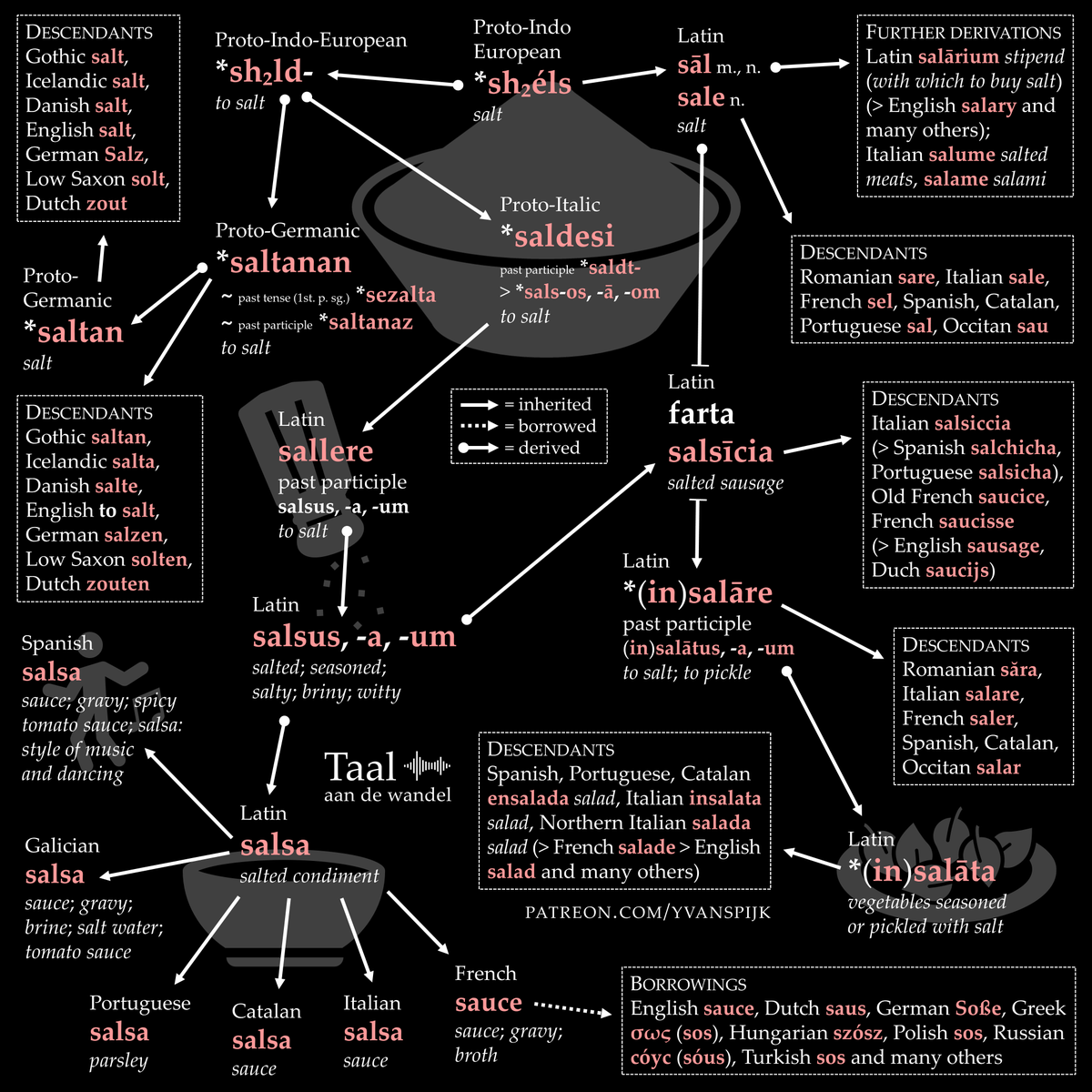
Yoïn van Spijk
@yvanspijk
/'dʑowɪn/
• historisch taalkundige | historical linguist
• dialectoloog | dialectologist
• See my Tumblr for all graphics and videos: https://t.co/vDE6Wth705
ID:305530695
http://patreon.com/yvanspijk 26-05-2011 11:28:22
20,1K Tweets
18,7K Followers
720 Following







Yoïn van Spijk French doix /dwe/ (< dŭce) _is_ attested in the dialects of Western France as a word for 'lavoir'
lecteur-few.atilf.fr/index.php/page…
